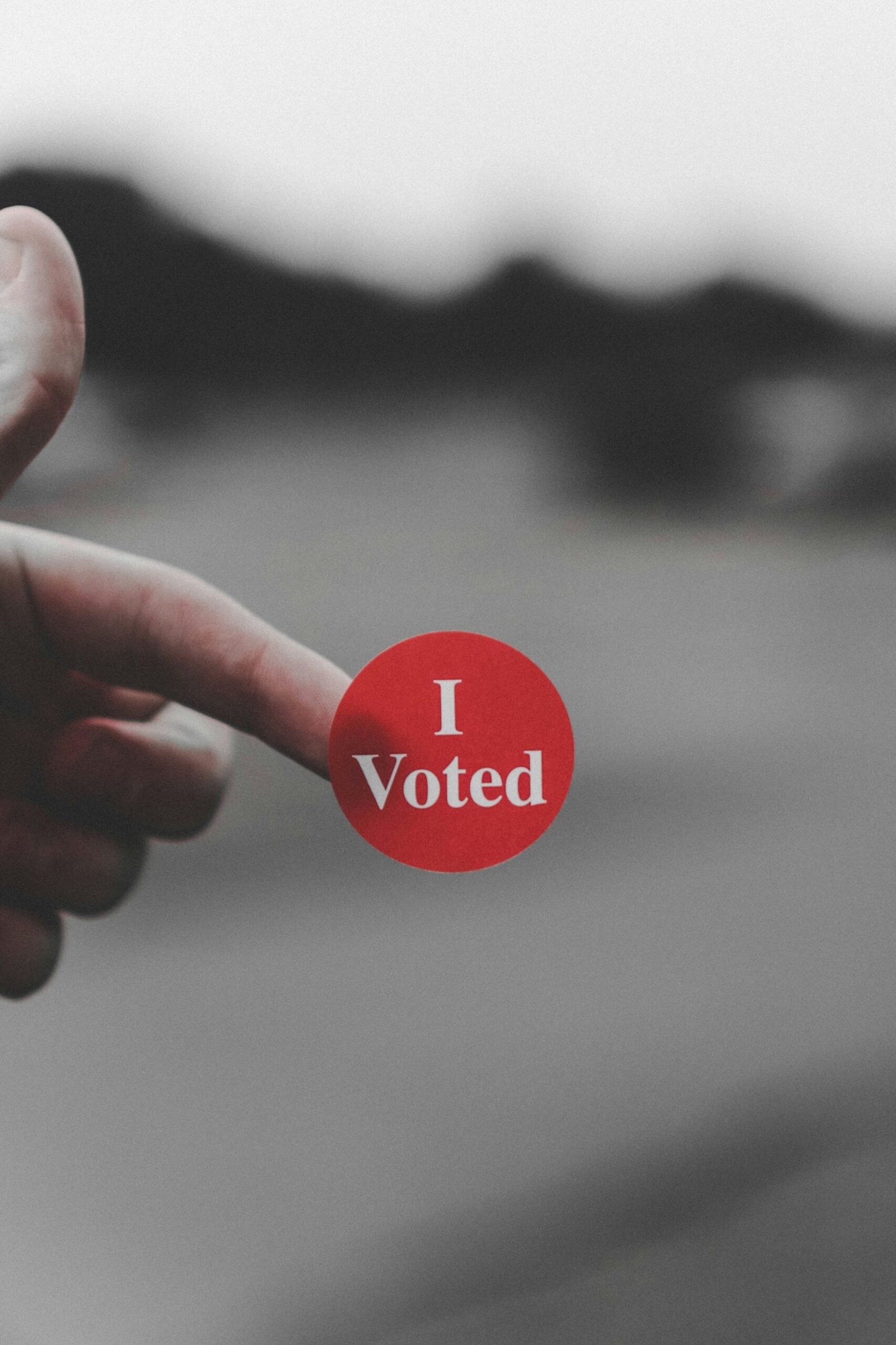Table of Contents
Overview of the Incident case Against Hindu Monk
The legal action against Hindu monk Chinmony Das and his followers emerged from a series of events that have raised significant concern within Bangladesh’s diverse societal fabric. The timeline of this incident began with alleged inflammatory remarks made by Das during a public gathering. These comments reportedly incited unrest among certain religious groups, prompting local authorities to intervene. This situation follows several controversies associated with Das, which have previously sparked debate about religious tolerance and freedom of expression in Bangladesh, a country with a Muslim majority.
In this specific incident, the police filed a case against Chinmony Das based on complaints from individuals who perceived his comments as disrespectful towards their faith. The allegations include incitement of communal discord and breach of peace, which forms a crucial part of the legal framework governing issues related to religious sentiments in the region. Those advocating for the case against the Hindu monk argue that such remarks can exacerbate existing tensions, further polarizing communities that have historically coexisted despite their differences.
The context of this case is essential for understanding its significance. Bangladesh has faced numerous incidents of religious discord, leading to communal violence in some instances. As such, the case against Hindu monk Chinmony Das is not merely about the alleged remarks but encapsulates broader themes such as the balance between free speech and religious sensibilities, the role of law enforcement in managing interfaith relations, and the socio-political climate in which such incidents unfold. The implications of this case extend beyond the immediate allegations and into the ongoing discourse surrounding religious practices and inter-community relations within the nation.
Legal Implications and Charges case Against Hindu Monk
The case against Hindu monk Chinmony Das has brought to light various legal implications that underscore the complexities within the framework of Bangladeshi law. The police have filed multiple charges against Das and his followers, invoking specific provisions of the Penal Code of Bangladesh. These include charges related to incitement of communal violence, which can be interpreted under Section 153A, prohibiting the promotion of enmity between different groups on the grounds of religion. Such actions raise critical questions about the protection of religious sentiments and the boundaries of free speech within the nation’s legal structure.
Moreover, allegations of hate speech may also be pertinent. Section 295A of the Bangladeshi Penal Code addresses deliberate and malicious acts intended to outrage religious feelings, thereby directly applicable to incidents that follow from this case. This not only highlights the legal responsibilities of religious leaders but also underscores the potential repercussions they may face for their public statements and actions. Notably, the consequences for Chinmony Das and his followers could be considerable if found guilty. This may include imprisonment, fines, or both, further influencing public perception and communal relations in a sensitive socio-religious environment.
Additionally, the international human rights considerations present a layer of complexity in this case against Hindu monk Chinmony Das. The right to freedom of religion must be balanced with the community’s right to safety and security. Legal proceedings against religious figures like Das often attract considerable attention, potentially escalating tensions among different community factions. Authorities may find themselves navigating a complex landscape where the rule of law meets public sentiment, necessitating a measured and sensitive approach to all involved parties. Ultimately, the judicial outcomes in this case may set significant precedents in how similar cases are addressed in the future.
Reactions from the Community and Stakeholders case Against Hindu Monk
The recent legal action against Hindu monk Chinmony Das and his followers by the Bangladesh Police has elicited a broad spectrum of reactions from various community stakeholders. This incident has underscored the intricate dynamics of interfaith relationships in Bangladesh, where religious sentiments have historically influenced societal interactions. Local Hindu organizations expressed strong support for Das, arguing that the monk had been a pivotal figure in fostering community goodwill and cultural preservation. These organizations are concerned that the case against Hindu monk Chinmony Das could set a precedent that might undermine the minority Hindu community’s rights and freedoms.case Against Hindu Monk
In contrast, several Muslim groups have called for a thorough investigation into the allegations against the monk. They emphasize the importance of maintaining communal harmony and the rule of law, asserting that no individual should be above the legal framework of the state, regardless of their religious or social standing. This tension reflects a deeper historical context in which incidents involving religious figures often provoke heightened sensitivities among different faith groups.case Against Hindu Monk
Human rights advocates have voiced their concerns regarding the implications of the case against Hindu monk Chinmony Das for freedom of expression and religious tolerance. They argue that the actions taken by the police must balance legal accountability with the preservation of interfaith dialogue, which is crucial for maintaining societal peace. Activists have also highlighted the need for the authorities to ensure that any legal proceedings against Das follow due process, devoid of bias or political influence.case Against Hindu Monk
Public opinion remains deeply divided on this issue, with general sentiments reflecting both support for the monk’s actions and skepticism about his role in the community. Politicians from various parties have weighed in, showcasing the event’s potential implications for religious relations and community solidarity in a nation characterized by its cultural and religious diversity.
Future Implications for Interfaith Relations in Bangladesh
The legal action against Hindu monk Chinmony Das, initiated by Bangladesh police, has raised significant concerns regarding the future of interfaith relations within the country. The case against Chinmony Das not only highlights existing tensions between religious communities but also brings to the forefront the critical dynamics between law enforcement and religious groups. Observers note that the way this case unfolds could set precedent for future interactions among different faiths in Bangladesh.
Historically, Bangladesh has faced challenges with communal harmony, especially during times when religious sentiments have been exploited for political gain. The legal proceedings surrounding Chinmony Das may catalyze a broader discussion about the treatment of religious minorities and the role of law enforcement in addressing potential grievances. Experts predict that how authorities handle the case against Chinmony Das could either exacerbate tensions or promote dialogue aimed at fostering understanding among different religious communities. Such outcomes will depend significantly on transparency, fairness, and the ability of all parties to engage constructively.case Against Hindu Monk
Experts emphasize the importance of historical context when analyzing these events. Previous instances of communal conflict have often led to greater polarization, but they have also prompted formations of interfaith coalitions advocating for mutual respect and understanding. Therefore, as the case against Chinmony Das progresses, both the implications for communal relations in Bangladesh and the perspectives of its various religious communities will remain a focus of scrutiny.case Against Hindu Monk


